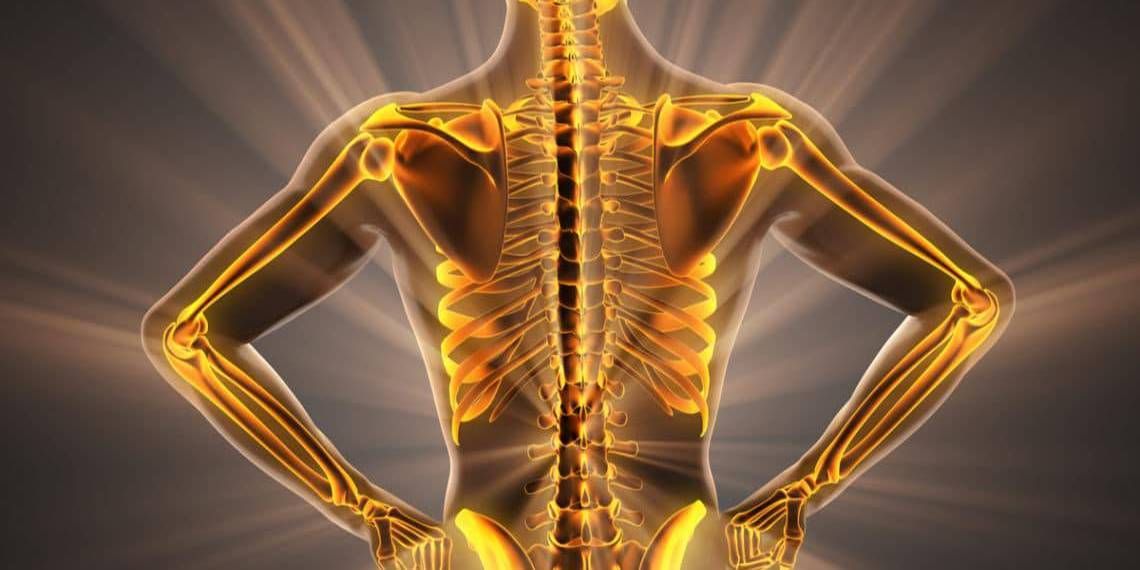Bone and Nerves
How to maintain Healthy bones 2
Balanced Diet for Bone Health
Healthy Bones -Maintaining robust bone health necessitates a balanced diet that is abundant in nutrients, offering the essential vitamins and minerals. The roles of Calcium and Vitamin D are particularly crucial in fostering good bone health. Dairy products, leafy green veggies, and fortified edibles are excellent calcium sources. Vitamin D can be procured from exposure to sunlight and food items such as fatty species of fish and fortified dairy goods. Moreover, it’s pivotal to incorporate a substantial amount of protein in the diet, a vital element for bone formation. Certain other nutrients that aid in promoting bone health encompass magnesium, phosphorus, and Vitamin K. It’s advisable to moderate consumption of food items high in sodium and caffeine, as they might escalate calcium egestion. A well-rounded diet helps individuals bolster their bone health and mitigate the threat of bone-related disorders.
Regular Exercise and Physical Activity

Regular physical activity and repeated exercise are vitally instrumental for sustaining healthy bone structures. By participating in weight-bearing workouts, for instance, strolling, running, or dancing – one can bolster their bones and boost bone density. Moreover, engaging in resistance exercises such as lifting weights or using resistance bands can enhance bone wellbeing by stimulating the generation of fresh bone tissues. Involving yourself in activities that amplify balance and coordination like yoga or tai chi can also mitigate the risk of accidental slips and bone breakages. It is advised to strive for a minimum of 150 minutes of moderate-intensity workout or 75 minutes of intense exercise each week for optimal bone health. Always remember to connect with a healthcare expert before embarking on a new exercise scheme, particularly for individuals dealing with previously existing anomalies or underlying health considerations.
Importance of Vitamin D and Calcium

Vitamin D and calcium are central to the preservation and development of robust, sound bones. The primary function of Vitamin D in the human body is to facilitate the assimilation of calcium, a pivotal mineral that forms the basis of our skeletal framework and strengthens it. It’s imperative to ensure an adequate supply of these nutrients throughout life stages to avoid such bone conditions as osteoporosis and osteoarthritis. In the growth and maturation stages of youth, there’s a demand for consistent nourishment from vitamin D and calcium to accomplish optimal bone mass. Simultaneously, these components remain fundamental in adulthood to sustain bone density and halt the progression of bone deterioration. For women, the periods of menopause and post-menopause prove especially crucial, as the reduction in estrogen levels can fast-track bone deterioration. As the population advances in age, the likelihood of bone fractures and additional complications rises, highlighting the necessity of continual intake of compatible levels of vitamin D and calcium for the preservation of bone integrity.
Avoiding Smoking and Excessive Alcohol Consumption

The negative influences of smoking and overindulgence in alcohol are felt deeply in our bone health. Both of these detrimental habits can result in diminished bone density, thus heightening the chances of fractures. Specifically, an individual’s risk of osteoporosis is elevated if they smoke, in addition to experiencing slower bone fracture healing. Overindulgence in alcohol impacts the body’s capacity to fully absorb calcium, a fundamental mineral crucial for maintaining sturdy bones. Over-drinking also disrupts the hormones managing bone metabolism, consequently causing substantial bone loss. To ensure robust and healthy bones, it’s imperative to shun smoking and moderate alcohol intake. These positive lifestyle modifications can serve as a safeguard against disorders related to bone health, thereby fostering general bone well-being.
LOOKING FOR ORGANIC PRODUCTS FOR HEALTHY BONES? CLICK ON THE CALL BUTTON.
Good life goes with Quality Organic Products.


